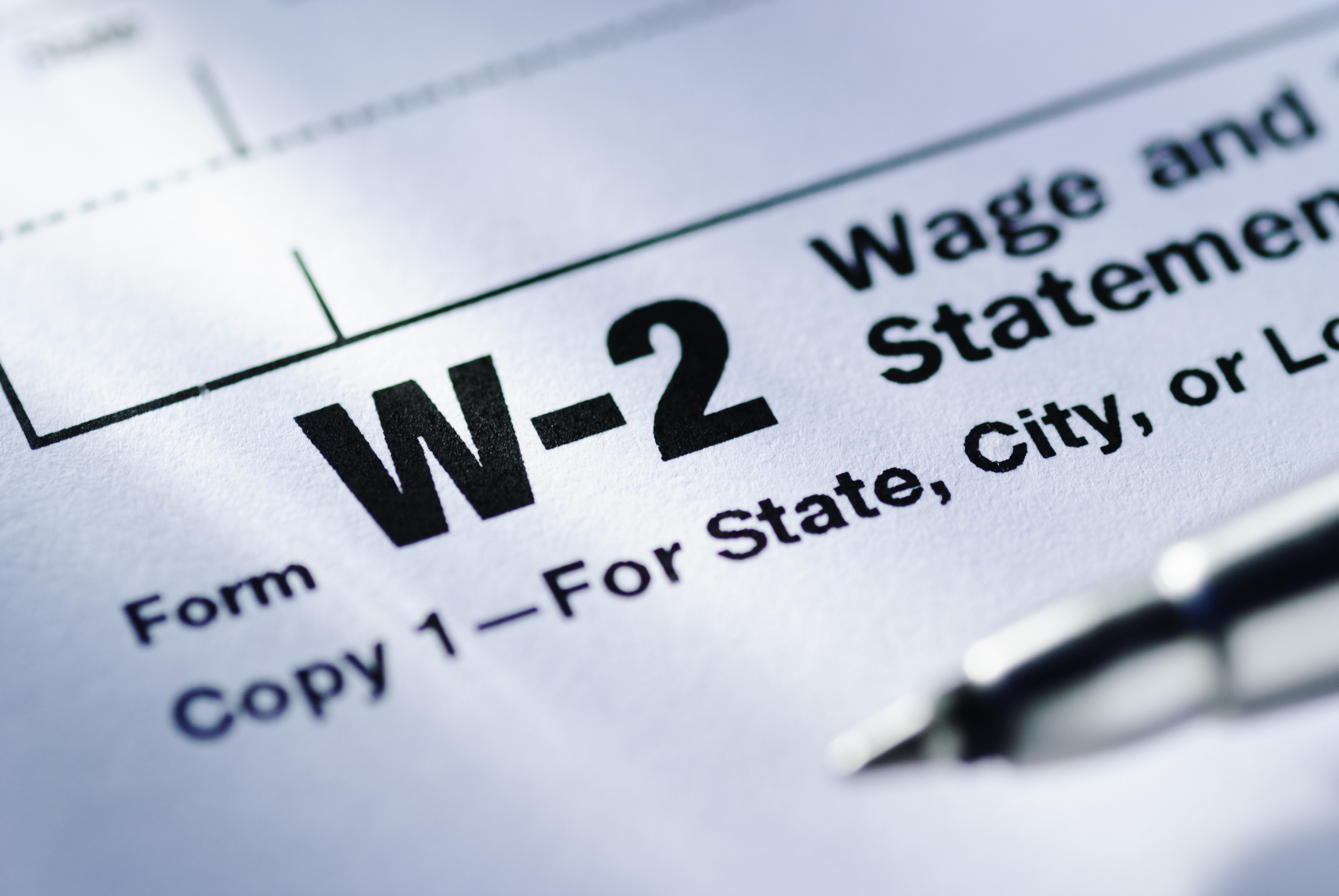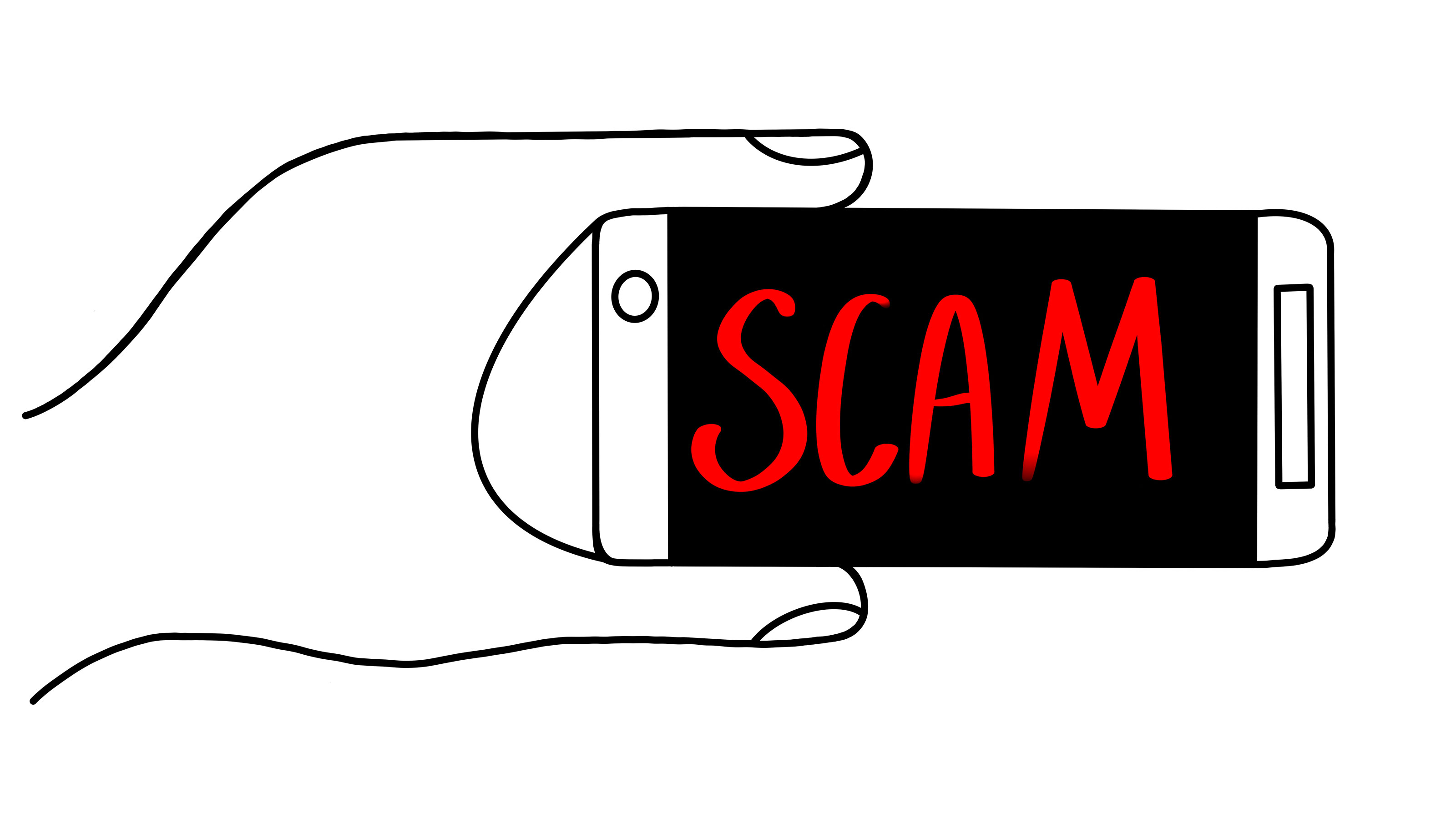IRS Warns of New Phone Scam
Taxpayers are being told to pay money they don't owe or face harsh consequences.

Profit and prosper with the best of Kiplinger's advice on investing, taxes, retirement, personal finance and much more. Delivered daily. Enter your email in the box and click Sign Me Up.
You are now subscribed
Your newsletter sign-up was successful
Want to add more newsletters?

Delivered daily
Kiplinger Today
Profit and prosper with the best of Kiplinger's advice on investing, taxes, retirement, personal finance and much more delivered daily. Smart money moves start here.

Sent five days a week
Kiplinger A Step Ahead
Get practical help to make better financial decisions in your everyday life, from spending to savings on top deals.

Delivered daily
Kiplinger Closing Bell
Get today's biggest financial and investing headlines delivered to your inbox every day the U.S. stock market is open.

Sent twice a week
Kiplinger Adviser Intel
Financial pros across the country share best practices and fresh tactics to preserve and grow your wealth.

Delivered weekly
Kiplinger Tax Tips
Trim your federal and state tax bills with practical tax-planning and tax-cutting strategies.

Sent twice a week
Kiplinger Retirement Tips
Your twice-a-week guide to planning and enjoying a financially secure and richly rewarding retirement

Sent bimonthly.
Kiplinger Adviser Angle
Insights for advisers, wealth managers and other financial professionals.

Sent twice a week
Kiplinger Investing Weekly
Your twice-a-week roundup of promising stocks, funds, companies and industries you should consider, ones you should avoid, and why.

Sent weekly for six weeks
Kiplinger Invest for Retirement
Your step-by-step six-part series on how to invest for retirement, from devising a successful strategy to exactly which investments to choose.
Scammers are calling people across the country claiming that they owe money to the IRS and making threats including arrest if they don't pay up, according to the IRS. This sophisticated new telephone scam has hit taxpayers -- including recent immigrants -- in nearly every state.
Victims are told that they must pay money they owe to the IRS through a pre-loaded debit card or wire transfer. The claims seem legitimate because scammers manipulate caller ID systems to make it appear as if the calls originate from the IRS. They may even be able to recite the last four digits of a victim's Social Security number, according to the IRS.
Those who refuse to cooperate are told that their license will be revoked, they will be arrested, or they will be deported if they are immigrants. The scammers will call back and pretend to be from the local police precinct or department of motor vehicles. Again, the caller ID will falsely support their claim.
From just $107.88 $24.99 for Kiplinger Personal Finance
Become a smarter, better informed investor. Subscribe from just $107.88 $24.99, plus get up to 4 Special Issues

Sign up for Kiplinger’s Free Newsletters
Profit and prosper with the best of expert advice on investing, taxes, retirement, personal finance and more - straight to your e-mail.
Profit and prosper with the best of expert advice - straight to your e-mail.
However, the IRS does not ask for credit card numbers over the phone or request pre-paid debit cards or wire transfers, said IRS Acting Commissioner Danny Werfel in a written statement. In fact, the IRS usually initiates contact with taxpayers via old-fashioned snail mail, he said.
The IRS recommends that you take the following steps if you get a suspicious call:
Call the IRS directly at 800-829-1040 if you think you might owe taxes or know that you do. IRS employees can help you with a payment issue if one exists.
Report the scam call to the Treasury Inspector General for Tax Administration at 800-366-4484 and the Federal Trade Commission's Complaint Assistant. Add "IRS Telephone Scam" to the comments of your FTC complaint.
This phone scam is just one of many in which con artists fraudulently claim to be from the IRS to get people to part with their money or personal information. Here are several other similar scams:
A Web site that mimics the IRS e-Services online registration page. This fake site aims to steal taxpayers' personal information. The actual e-Services page provides Web-based products for tax preparers, not the general public. Fake sites also end in .com, .net or .org, instead of .gov.
A combination e-mail and text message that warns recipients that a federal tax transaction initiated from the checking account was rejected by the Electronic Federal Tax Payment System. Recipients are prompted to respond using a link to a malicious Web site.
An e-mail claiming recipients will be penalized up to $10,000 for failing to file a tax return on time. The e-mail references a filing deadline of January and directs people to a fake IRS site that asks for personal information.
To protect yourself against these and other scams, be aware that the IRS does not initiate contact with taxpayers by e-mail, text messages or social media. Do not open any attachments or click on any links in e-mails or text messages that appear to be from the IRS. Forward such messages to phishing@irs.gov. And do not provide passwords, PINs or confidential access information for credit card, bank or other financial accounts to people or Web sites claiming to represent the IRS because the IRS never asks for this information.
Profit and prosper with the best of Kiplinger's advice on investing, taxes, retirement, personal finance and much more. Delivered daily. Enter your email in the box and click Sign Me Up.

Award-winning journalist, speaker, family finance expert, and author of Mom and Dad, We Need to Talk.
Cameron Huddleston wrote the daily "Kip Tips" column for Kiplinger.com. She joined Kiplinger in 2001 after graduating from American University with an MA in economic journalism.
-
 Dow Adds 1,206 Points to Top 50,000: Stock Market Today
Dow Adds 1,206 Points to Top 50,000: Stock Market TodayThe S&P 500 and Nasdaq also had strong finishes to a volatile week, with beaten-down tech stocks outperforming.
-
 Ask the Tax Editor: Federal Income Tax Deductions
Ask the Tax Editor: Federal Income Tax DeductionsAsk the Editor In this week's Ask the Editor Q&A, Joy Taylor answers questions on federal income tax deductions
-
 States With No-Fault Car Insurance Laws (and How No-Fault Car Insurance Works)
States With No-Fault Car Insurance Laws (and How No-Fault Car Insurance Works)A breakdown of the confusing rules around no-fault car insurance in every state where it exists.
-
 Holiday Tax Scams 2025: 'Tis the Season to be Wary
Holiday Tax Scams 2025: 'Tis the Season to be WaryTax Scams Navigating tax tricks of the holiday season may be daunting, but don't let that destroy your festive spirit
-
 How to Guard Against the New Generation of Fraud and Identity Theft
How to Guard Against the New Generation of Fraud and Identity TheftIdentity Theft Fraud and identity theft are getting more sophisticated and harder to spot. Stay ahead of the scammers with our advice.
-
 Tax Scam: IRS Warns Taxpayers Against Filing False W-2 Info
Tax Scam: IRS Warns Taxpayers Against Filing False W-2 InfoScams A new tax scam on social media advises lying on your W-2 to falsely claim credits and bigger refunds.
-
 PODCAST: National Taxpayer Advocate Erin M. Collins Wants to Help
PODCAST: National Taxpayer Advocate Erin M. Collins Wants to HelpFinancial Planning Your tax dollars are at work funding a government bureau to help you deal with the IRS. Strange but true! Also, the price of Amazon is going up.
-
 Con Artists Target People Who Owe The IRS Money
Con Artists Target People Who Owe The IRS MoneyScams In one scheme, thieves will offer to "help" you pay back taxes, only to leave you on the hook for expensive fees in addition to the taxes.
-
 Tax Refund Scam Targets College Students and Staff
Tax Refund Scam Targets College Students and StaffScams The IRS says there's a new phishing scam aimed at people with email addresses ending in ".edu."
-
 PODCAST: Taxes on Retirees — What’s New
PODCAST: Taxes on Retirees — What’s NewBudgeting In this episode of Your Money's Worth, senior tax editor Rocky Mengle talks about the latest update of the Kiplinger Retiree Tax Map. Will states with declining revenues make life harder on retirees? Also, the Biden stimulus plan and the hazards of patent scams.
-
 Watch Out for Stimulus Check Texting Scam
Watch Out for Stimulus Check Texting ScamScams Scammers are sending text messages that trick people into disclosing bank account information to get a $1,200 stimulus check.